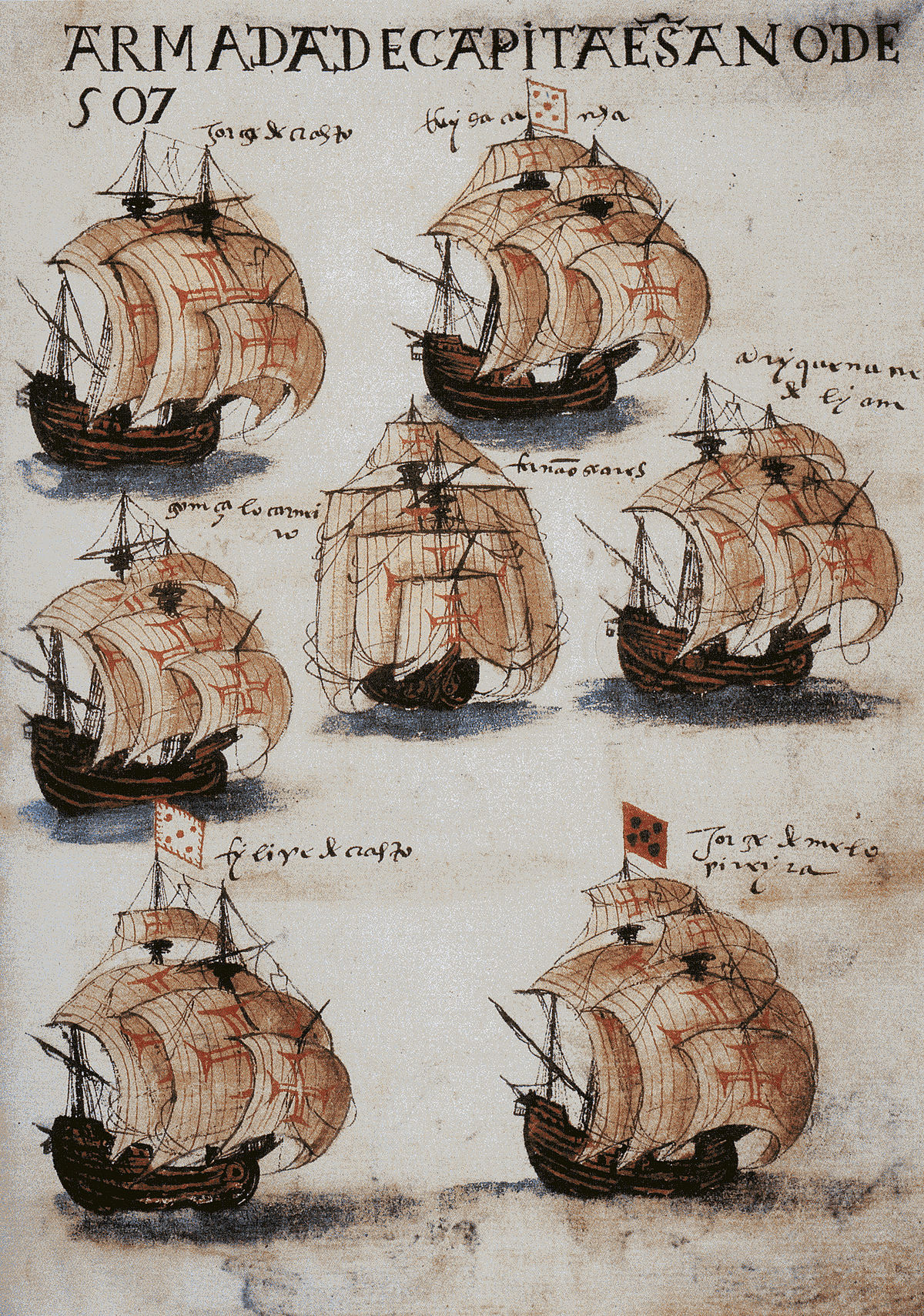Cultural differences are generally quite subtle. There is no great difference in the way people behave in different parts of the world. Take away some cultural norms related to clothing and food, and everyone seems to behave more or less the same. Some places may be a little more prone to violence than other places. Some places put more emphasis on religion than other places. There are definitely differences, but they are small, and seemingly randomly distributed. However, on closer inspection, we see some relationships between the natural environment and the local culture.
I noticed at a relatively young age that people from inland Norway had a different view on things than people from coastal Norway. Inland Norwegians were more oriented towards tradition and social order than people at the coast, and it struck me that this must be because inland people are farmers who have to follow the seasons, and plan accordingly, while coastal people are fishermen and traders who have to act more spontaneously. They have to grab the opportunities that come their way.
This general difference between inland people and coastal people exist everywhere, and is a source of tension between rural and cosmopolitan culture. It is the reason we see political divides along these lines.
Another divide that I've come to understand more recently is the divide between cold and warm climate cultures. People in places with long and cold winters must plan much more carefully than people from warmer places. There is therefore a stronger tendency towards conformity and respect for capital in northern countries. In countries where people neither starve nor freeze unless something exceptionally bad happens, cultures can afford to be more lazy and laid back. They can also be more violent. There is less of a need for order.
This has as a consequence that southern cultures are more diverse and dynamic than northern cultures. There is less need for conformity. There is also more tolerance for violence. Having moved to Portugal from Norway some ten years ago I have myself become gradually more laid back and relaxed about things. Life in Portugal is definitely more pleasant. Not only is the climate better, the open and laid back attitude of people makes for a more dynamic and interesting life.
While conformity and planning can be a strength, it can also be a weakness. We see hardly any resistance in Norway to central planning emerging as a dominant political force. The political climate is thoroughly defined by a cold inland climate, and I expect this to adversely affect Norway's economy in the years to come. Creativity will increasingly be replaced by bureaucracy.
On the other hand, Portugal is up and coming. After years under harsh dictatorship, things have been much relaxed. A culture of violent suppression of dissent has shifted towards creative entrepreneurship. People find their way around rules. They do things their own way, and a lot of creativity is thus released.
My expectation for the future is that it is again the south of Europe that will shine. North Europe has lost its way in dogma and conformity, and will remain in decline for some time while the South comes charging back. As a consequence, people with foreign cultures will suffer greatly in the North. With the North in economic decline, false tolerance of foreign cultures will shift towards intolerance.
The South, on the other hand, never engaged in the same cultural indulgence as the North. There was never a great movement of multiculturalism. Muslims were never much liked in Portugal, and have for this reason either left the country or moderated themselves greatly. The kind of clashes we are likely to see in the North will not happen in Portugal.
Portugal's descent into dictatorship was due to a culture of apathy and violence, which was eventually overcome by spontaneous and dynamic revolt. Norway's coming decline will be due to their culture of conformity and loyalty, and will not be broken before coastal people eventually revolt. In the meantime, Portugal is likely to ascend. Maybe not quite as high as it once got back when Portugal ruled the world, but impressive nevertheless.
 |
| Portuguese armada |
By Unknown author - Scanné de Coureurs des mers, Poivre d'Arvor, Public Domain, Link
No comments:
Post a Comment